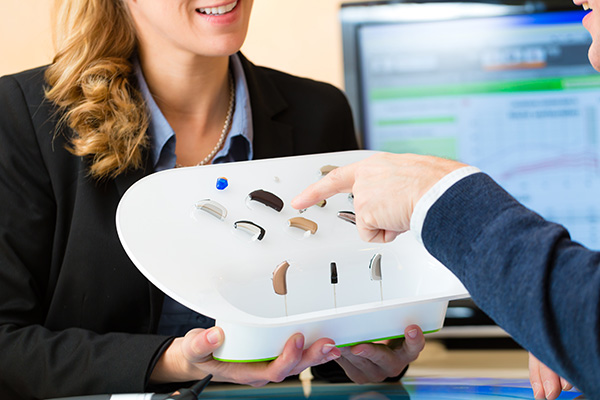How does Hearing Loss Lead to Depression?
It is true to say that in some cases, hearing loss can lead to depression.


It is true to say that in some cases, hearing loss can lead to depression.

Hearing aids require batteries to work, which means that you are going to

Tinnitus can be a condition that may cause discomfort. It is a condition